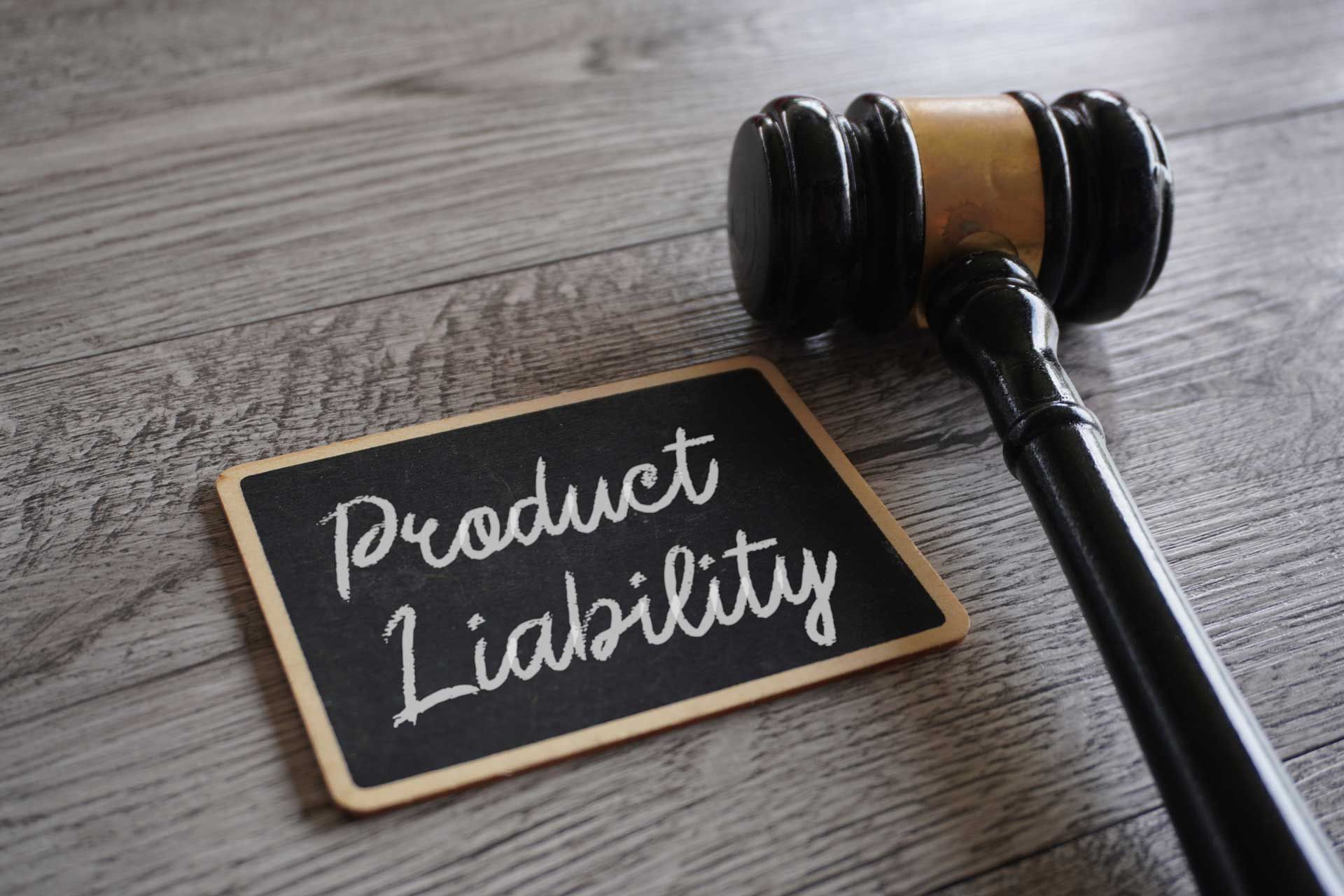Innovations in Soil Health: Growing Food with Less Toxins

Author: Andrew Thompson
Healthy soil is the bedrock of sustainable agriculture. As we face the challenges of feeding a growing global population while minimizing environmental impact, innovations in soil condition improvements are crucial. In this article, we explore cutting-edge strategies that enhance soil health, reduce toxins, and promote sustainable food production.
1. Regenerative Agriculture Practices
Regenerative agriculture focuses on restoring soil health rather than depleting it. Key practices include:
- Cover Crops: Planting cover crops during fallow periods helps prevent erosion, improves soil structure, and enhances nutrient cycling. These living roots keep the soil active and reduce the need for chemical inputs.
- No-Till Farming: Minimizing soil disturbance by avoiding plowing or tilling preserves soil structure, reduces erosion, and promotes beneficial microbial activity.
- Crop Rotation: Alternating crops in a field prevents soil depletion and reduces pest pressure. Different crops have varying nutrient requirements, which helps maintain soil fertility.
2. Soil Sensors and Precision Agriculture
Advancements in technology allow farmers to monitor soil conditions in real time. Soil sensors measure moisture levels, nutrient content, and temperature. This data informs precise irrigation and fertilization decisions, minimizing waste and optimizing crop health.
3. Biological Soil Amendments
- Biochar: This carbon-rich material, produced by heating organic matter in a low-oxygen environment, improves soil structure, retains nutrients, and sequesters carbon. Biochar also reduces the leaching of toxins into groundwater.
- Compost and Vermicompost: Organic compost enriches soil with essential nutrients and beneficial microorganisms. Vermicomposting, using earthworms, accelerates decomposition and enhances soil health.
4. Mycorrhizal Fungi
These symbiotic fungi form partnerships with plant roots, aiding nutrient uptake. Mycorrhizae extend the root system, enhance water absorption, and improve resistance to pathogens. Incorporating mycorrhizal inoculants benefits both soil health and crop productivity.
5. AgroIntelli Robots
AgroIntelli, a Danish company, designs robots that work the land gently. These autonomous machines reduce soil compaction, minimize chemical use, and precisely plant seeds. By minimizing the ways human impact can negatively impact soil heath, they contribute to more productive and sustainable conditions.
6. Soil Frost Sensing Systems
Understanding freeze-thaw cycles is critical for soil health. Researchers at the University of New Hampshire are developing wireless sensors and ground-penetrating radar systems to track soil frost. This knowledge informs planting schedules and prevents damage to soil structure.
7. Radon Measurement Wireless Testbed
Georgia State University’s project aims to measure radon in surficial soil using wireless sensors. Radon exposure poses health risks, and this innovative approach helps identify areas with high radon potential. By addressing soil contaminants, we protect both crops and human health.
Now let’s take a look at how a few great startup companies are making an impact in the market with soil improvements .
1. Terrapure Environmental:
- Solution: Biosolids-Based Soil Amendments
- Description: Terrapure Environmental, a Canadian startup, focuses on environmental solutions for land reclamation. They offer biosolids-based soil amendments that replenish soil nutrients, enhance organic material, and increase soil porosity. By reducing farmers’ dependence on chemical fertilizers, these customized solutions improve crop yields and soil health. Terrapure’s applications extend beyond agriculture to mine and industrial site rehabilitation.
2. Allied Microbiota:
- Solution: Microbial Remediation
- Description: Allied Microbiota, based in the United States, specializes in microbial products and enzymes. Their approach involves using microbes to degrade organic contaminants or bind heavy metals in the soil. By revitalizing existing microbial communities (biostimulation) or introducing specific strains (bio-augmentation), they contribute to soil health and toxin reduction.
3. Carbogenics:
- Solution: Carbon Sequestration
- Description: Carbogenics focuses on carbon sequestration techniques. By capturing and storing carbon dioxide in the soil, they reduce the carbon footprint of farming. Their innovative solutions contribute to soil health while mitigating harmful aspects of climate change.
4. Biomede:
- Solution: Soil Restoration
- Description: Biomede, an emerging startup, aims to restore degraded soils. While specific details about their technology are not provided, their focus on soil restoration aligns with the broader goal of improving soil conditions for sustainable food production1.
5. Remsoil:
- Solution: Soil Remediation
- Description: Remsoil is another promising startup working on soil remediation. Although further information is not available here, their efforts likely involve innovative methods to detoxify and rejuvenate soil for healthier crops1.
These startups are demonstrating how the power of technology and innovation is addressing soil health challenges. By leveraging their expertise, we can create a more sustainable and toxin-free food system. For connections to these companies as a customer, investor or collaborator,
please contact Landmark Advisors today for an introduction or more information on how we can help.
Innovations in soil health are essential for sustainable agriculture. By adopting regenerative practices, leveraging technology, and understanding soil dynamics, we can grow food with fewer toxins. As stewards of the land, let’s prioritize healthy soils for a better nourished creation.



